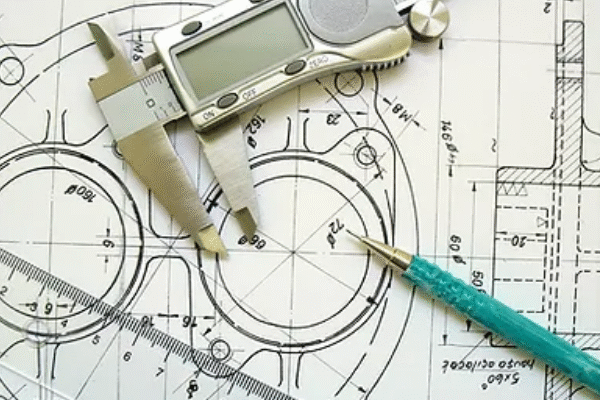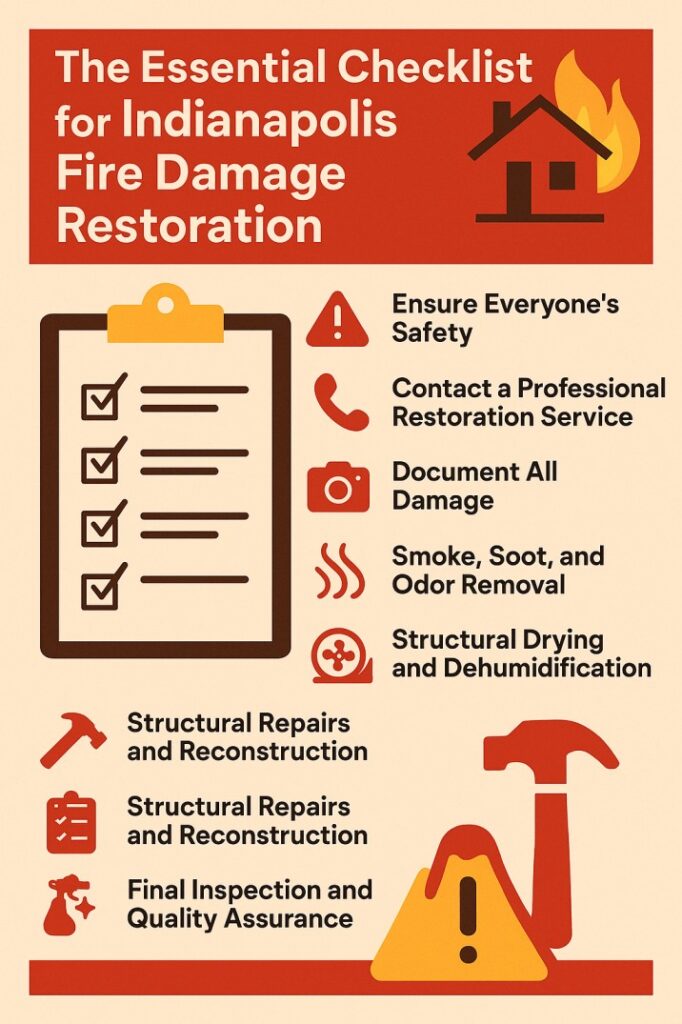Falling behind on project deadlines in NYC isn’t just a headache. It’s a costly mess. Whether you’re building up or tearing down, time is money—and in New York, delays burn budgets fast. Between union schedules, permit approvals, material deliveries, and tight site access, even a single day off-track can ripple through an entire job.
This is where CPM scheduling services in NYC step in. Let’s get into how this system works, why it’s different from basic scheduling, and how it actually prevents problems before they happen.
What Exactly Is CPM Scheduling?
CPM stands for Critical Path Method. It’s not just a fancy calendar. It’s a math-driven scheduling technique that maps every single task in a project. The goal? To find the critical path—the sequence of tasks that directly affects your project’s finish date.
If anything on this path gets delayed, the entire project gets delayed. CPM puts that front and center.
Here’s what that looks like in real terms:
- You’re framing the building.
- Electrical work can’t start until framing is done.
- Drywall can’t go up until electrical is signed off.
Each task is chained together. CPM shows you how long each task takes and which tasks can or can’t overlap. That makes it easier to schedule resources, avoid logjams, and see where you actually have some breathing room.
Why Standard Scheduling Doesn’t Cut It in NYC
Too many contractors rely on spreadsheets or generic project timelines. That might work for a home reno in Jersey. It won’t work for a 30-story build in Manhattan.
Here’s why:
- You’ve got multiple subcontractors onsite, often in tight spaces.
- Permits don’t always come through on time.
- City inspections add delays you can’t afford to “hope” go right.
- Delivery trucks need precise timing to avoid city fines and traffic chaos.
A simple timeline doesn’t show you what’s affected when something shifts. CPM does.
What Happens When You Use CPM Scheduling
Let’s say your steel delivery is delayed by 2 days. With CPM:
- You immediately see which dependent tasks are affected.
- You know if this delay pushes the entire project timeline.
- You can shuffle non-critical tasks around to keep work going.
That flexibility is gold. It means you aren’t standing still, waiting for one part to catch up. You’re reallocating crews, shifting priorities, and staying productive. That’s how you keep things moving—even when things go sideways.
Common NYC Delays That CPM Helps Avoid
- Subcontractor Conflicts
With multiple trades working in one space, overlap is common. CPM breaks down which crews can be on-site simultaneously and which can’t. That avoids overbooking and downtime.
- Permitting Delays
Let’s be real: DOB reviews don’t always run on schedule. With CPM, you can buffer in inspection windows, set contingency paths, and prepare for worst-case delays.
- Utility Coordination
Gas, electric, water—it all needs coordination with city agencies. A good CPM plan accounts for this lead time, so you’re not left scrambling.
- Material Lead Times
Some materials have long lead times or are coming from out of state. If they’re on the critical path, CPM will show that early so you can plan better and avoid last-minute panic.
CPM Scheduling Adds Value Across the Board
For GCs:
- Keeps client confidence high
- Shows control and professionalism
- Reduces costly rework or missed milestones
For Developers:
- Helps with lender confidence and reporting
- Improves visibility into actual timelines
- Cuts risk on large-scale, multi-phase builds
For Architects and Engineers:
- Syncs design milestones with construction
- Helps plan for field verification windows
- Coordinates RFIs with active site work
In the End, It’s About Control
Things go wrong on every job. That’s reality. CPM doesn’t promise perfection. But it gives you a roadmap to fix things before they snowball. Without it? You’re reacting instead of leading.
And in NYC construction, that’s the difference between winning bids—or losing clients.
Conclusion: The Smart Fix for NYC Project Delays
Anyone struggling with late projects knows how painful it gets. Costs go up. Clients get frustrated. Your team works overtime. One delay leads to another, and before long, you’re weeks off schedule.
Using CPM scheduling services in NYC is how top-performing contractors stay in control. It’s not about just looking good on paper—it’s about real, measurable progress that keeps jobs moving and clients happy.
And when it comes to experienced scheduling support, Infinite Consulting Corp stands out in a crowded field.
Why Choose Infinite Consulting Corp?
Infinite Consulting Corp isn’t just another scheduling vendor. They’re true partners in project success.
With deep experience across NYC’s toughest construction environments, their team builds precise CPM schedules that reflect real-world site conditions, not textbook theory. They don’t just deliver charts—they deliver clarity.
Their specialists:
- Use industry-leading software like Primavera P6
- Work directly with your PMs, supers, and clients
- Provide ongoing schedule updates, not one-and-done snapshots
- Offer support through the full lifecycle—from pre-con to closeout
From high-rises to infrastructure, Infinite Consulting Corp helps developers, GCs, and owners stay ahead of delays and in control of costs. Their hands-on approach ensures every detail, from logistics to inspection prep, fits into a well-oiled plan.
In a city where deadlines are unforgiving and pressure runs high, Infinite Consulting Corp brings the structure, foresight, and scheduling discipline every project needs.









